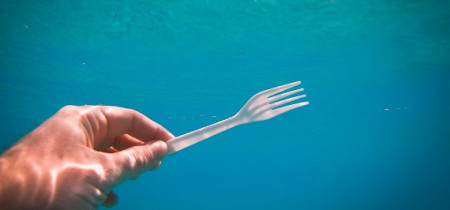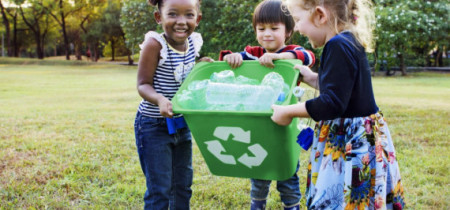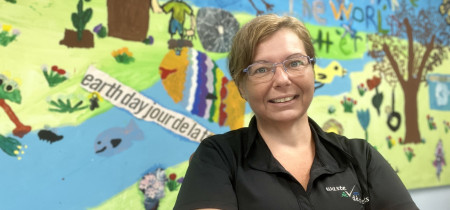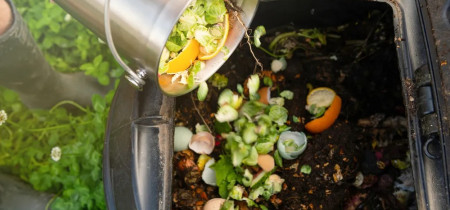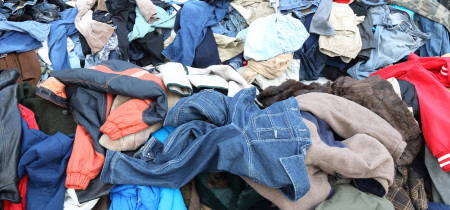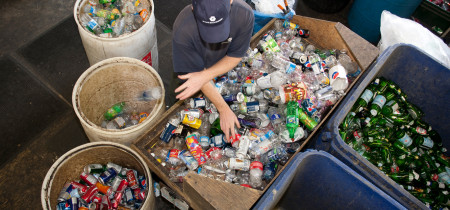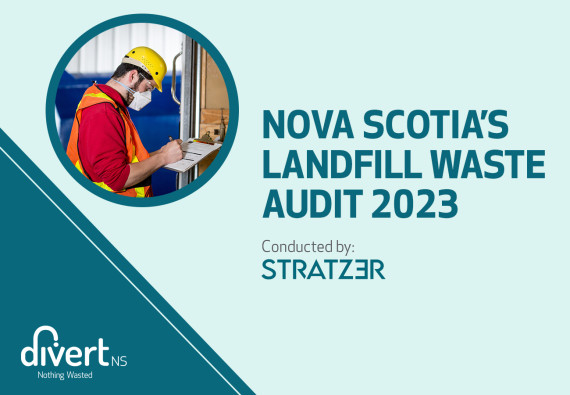
Nova Scotia's Landfill Waste Audit
Divert NS is committed to improving the province's environment, economy, and quality of life by working with Nova Scotians to reduce, reuse, recycle, and recover resources.
To fulfill its mission, Divert NS requires in-depth understanding of landfill composition and the quantities of material sent to landfills in the province. This knowledge enables Divert NS and our partners to develop targeted waste reduction strategies to identify opportunities for resource recovery.

What's in Nova Scotia's Landfill?
Waste audits are a useful tool to gather information about how well we, as Nova Scotians, are doing to keep valuable recyclable materials out of our landfills. When we know what materials are ending up in landfill that shouldn't be there, we can do something about it.
The 2023 waste audit shows that over half of what's in Nova Scotia's landfills could have been recycled or composted. Organics were the number one material found in landfills across the province. Organics consist of material like food scraps, leaf and yard waste, and dirty napkins. When organic material ends up in the landfill it releases harmful methane gas. Methane gas is a key contributor to climate change. Luckily, Nova Scotia has excellent composting programs that turn our food scraps and other organics into a valuable resources.
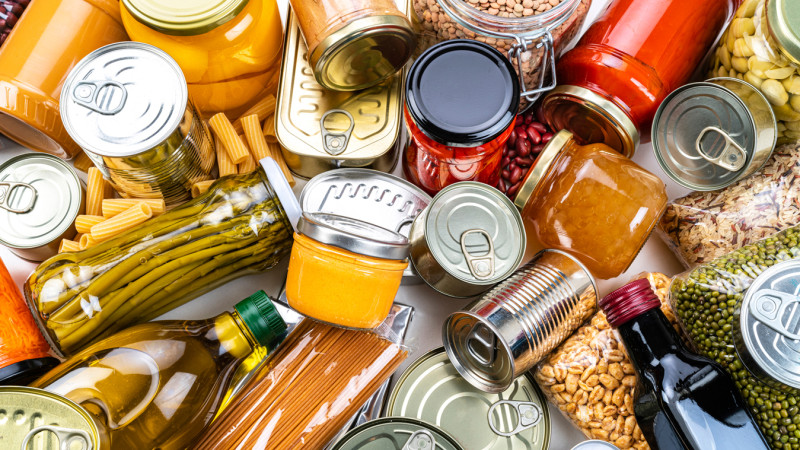
Did you know?
The majority of food found in the landfill was still in its packaging. Remember to empty out your food containers so that you can compost the contents and recycle the containers.
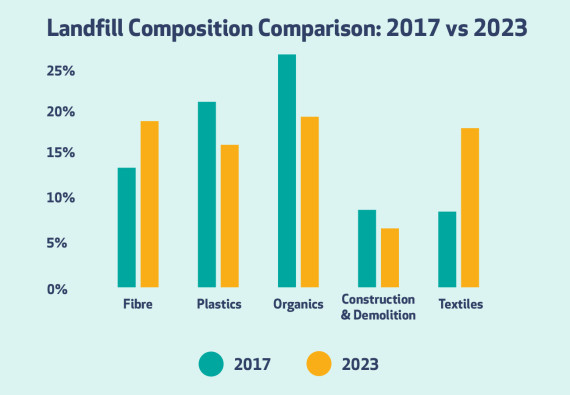
Small Changes Lead to Big Impacts
At Divert NS, we know that small changes add up to big impacts. Since the last waste audit conducted in 2017, there has been a 27% reduction in organic waste, and a 23% reduction in plastics ending up in Nova Scotia's landfills.
The 2023 landfill waste audit also highlights areas for improvement. For example, there has been a significant increase in the amount of textiles and paper products (fibre) ending up in the landfill. Check out the resources below to learn how you can take action to reduce waste.
Take Action to Reduce Waste
Thank You to Our 2023 Waste Audit Sponsors


